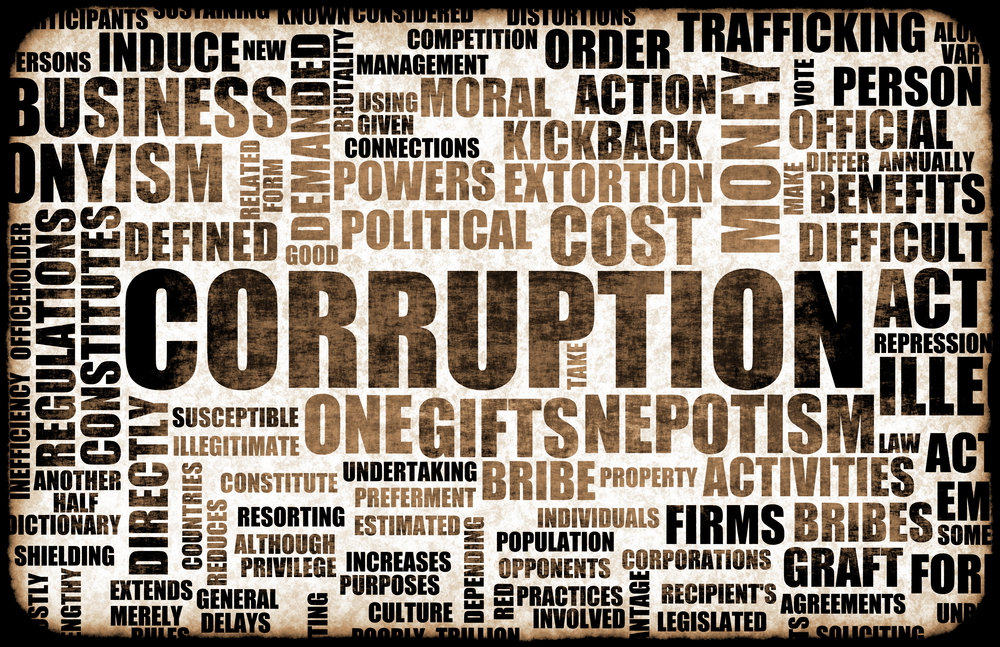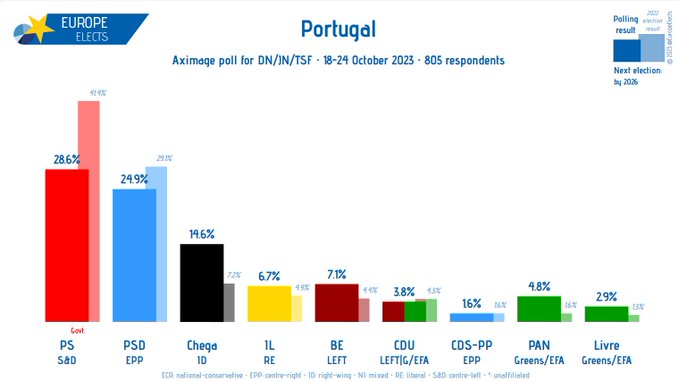International
Scandal in Lisbon: Prime Minister resigns among corruption charges

The Lisbon Stock Exchange fell by 3% this Tuesday following the resignation of the Prime Minister of Portugal, António Costa . this is the consequence of a mega legal operation involving the government at the highest level, The whole operation centres on the energy-mining sector, lithium, green hydrogen and concessions in the environmental sector.
In the collective interview Costa stated that his stay in government is no longer possible after this investigation and the scandals that followed.
‘The dignity of the prime minister’s functions is not compatible with any suspicion of his good conduct, let alone any suspicion of any criminal act,’ Costa said, and here we are well beyond mere suspicion: among those arrested is Vítor Escária, Costa’s chief of staff.
The suspects also include:
- Diogo Lacerda Machado: Costa’s negotiator and Prime Minister’s trusted man;
- João Galamba: environment minister under investigation for lithium-related concessions;
- Nuno Lacasta: president of the Portuguese Environment Agency (APA) since 2012. He is the second to be charged, after João Galamba.
Two directors of the Start Campus company, responsible for the installation of a data centre in the Sines industrial and logistics zone, were also arrested. They are Afonso Salema (industrial engineer) and Rui de Oliveira Nunes (lawyer). In the case of the engineer, before leading the company, he had several experiences related to renewable energy and infrastructure. He worked at EDP between 2009 and 2011. The lawyer is the company’s legal and sustainability director, continuing to work at Morais Leitão. He worked at Galp between 2013 and 2021.
Now the president of Portugal, Marcelo Rebelo de Sousa, has taken note of Costa’s resignation and paved the way for a new government or, alternatively, early elections. Costa could be replaced by another political leader and there is talk of Augusto Santos Silva, President of the Assembly, or Mario Centemo, Governor of the Portuguese Central Bank.
If a new government could not be formed, not least because the sscandal p deep and distrust in politics skyrocketing, then early elections would take place within a couple of months, and the current polls are as follows:

Portugal has always leaned to the left, but recently the emergence of the Cheqe political movement, part of the European ID group, is likely to change things dramatically, paving the way for a centre-right administration.






